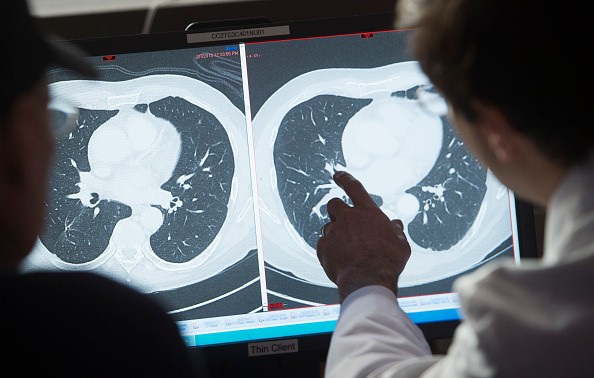
A team in the UK has discovered a new window into cancer. A cutting-edge imaging method allows researchers to examine the fatty lipids inside single tumor cells in great detail.
Scientists led the study from the University of Surrey. It included the University of College London, the pharmaceutical company GSK (formerly known as GlaxoSmithKline), and Yokogawa and Sciex.
Senior author Melanie Bailey, a chemical engineer at the University of Surrey, emailed Gizmodo to say that lipids are essential for cancer cells' growth, proliferation, and metastases.
She added that they act as a source of energy for tumor cells and allow tumor cells to signal to and recruit other cells.
Bailey and her colleagues initially extracted intact, individual pancreatic cancer cells from a sample using Yokogawa's recently developed Single Cellome System SS2000 technology.
These cells were stained with a fluorescent dye that highlighted the lipids inside. Then, they collaborated with Sciex, a company that makes mass spectrometers, to create a new mass spectrometry technique that enabled scientists to see the true composition of those lipids by breaking them open.
The scientists discovered that different cancer cells could have vastly different lipid profiles. Furthermore, they had a reliable way of observing how these lipids responded to their surroundings.
Furthermore, this week's research in Analytical Chemistry may lead to essential cancer discoveries.
Bailey noted that since lipids are crucial to the functioning of cancer cells, studying lipid profiles will allow them to better understand how cancer cells respond to different treatments (e.g., drugs, radiation) and how they metastasize.
She provided an example and explained that if a particular lipid pathway is implicated in radiation or drug resistance, future therapies may be able to target that pathway.
© 2025 HNGN, All rights reserved. Do not reproduce without permission.








